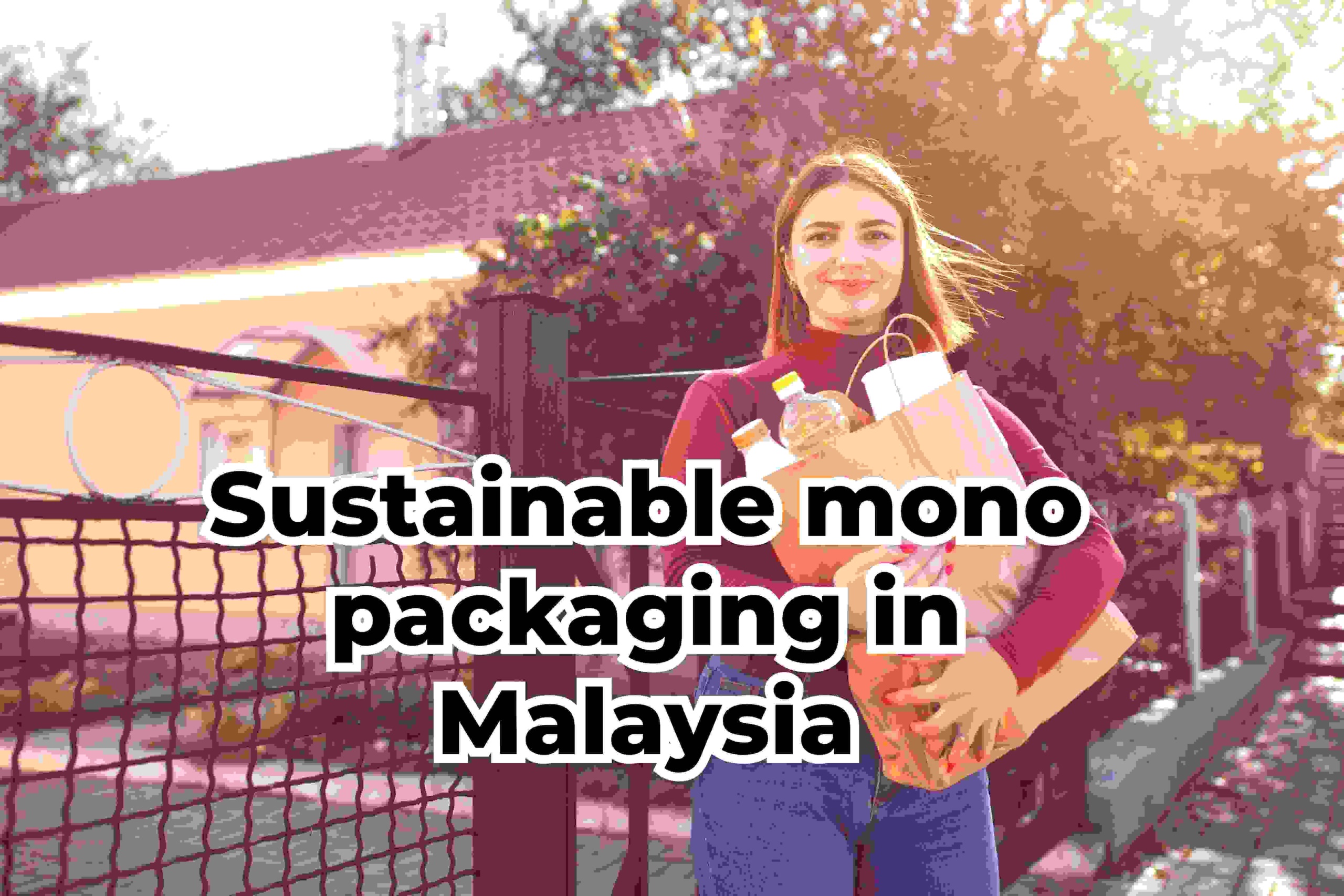Sustainable Mono Packaging in Malaysia: Pioneering Environmental Consciousness
Introduction:
In Malaysia, as in many parts of the world, the discourse on sustainability has gained momentum, driven by growing environmental concerns and the urgent need to address them. One crucial aspect of this conversation revolves around packaging, an indispensable component of modern consumer goods. Amidst this backdrop, the adoption of sustainable mono packaging in Malaysia emerges as a promising solution, offering a balance between functionality, eco-friendliness, and consumer appeal.
Understanding Sustainable Mono Packaging:
Sustainable mono packaging refers to the use of single-material packaging solutions that are designed with recyclability, reusability, and reduced environmental impact in mind. Unlike traditional multi-layered packaging, which often consists of various materials that are challenging to recycle or decompose, mono packaging utilizes a single material type, simplifying the recycling process and minimizing waste.
The Importance of Sustainable Packaging in Malaysia:
Malaysia, a country renowned for its rich biodiversity and natural beauty, faces mounting challenges related to environmental degradation and waste management. With a rapidly growing population and expanding consumer market, the demand for packaged goods has surged, exacerbating concerns over plastic pollution and resource depletion. Against this backdrop, the adoption of sustainable packaging practices is imperative to mitigate environmental harm and foster a more sustainable future.
Advantages of Mono Packaging:
1. Recyclability: Mono packaging facilitates easier recycling processes compared to multi-material packaging, as it involves a single material type, such as paper, cardboard, or certain types of plastics. This simplifies sorting and processing at recycling facilities, contributing to higher recycling rates and reduced landfill waste.
2. Reduced Environmental Footprint: By utilizing mono materials that are biodegradable, compostable, or recyclable, sustainable mono packaging helps to minimize the environmental footprint associated with production, usage, and disposal. This aligns with Malaysia’s goals to reduce carbon emissions and conserve natural resources.
3. Consumer Appeal: Sustainable packaging resonates with environmentally conscious consumers who prioritize eco-friendly products and brands. By adopting mono packaging solutions, Malaysian businesses can enhance their brand image, attract environmentally aware consumers, and differentiate themselves in the competitive market landscape.
Initiatives and Innovations:
In recent years, various initiatives and innovations have emerged to promote sustainable mono packaging in Malaysia:
1. Government Regulations: The Malaysian government has introduced policies and regulations to incentivize the adoption of sustainable packaging practices among businesses. This includes measures such as extended producer responsibility (EPR) schemes, eco-labeling requirements, and incentives for companies that prioritize sustainable packaging solutions.
2. Industry Collaborations: Collaboration between industry stakeholders, including manufacturers, retailers, and packaging suppliers, plays a pivotal role in driving the transition towards sustainable mono packaging. By sharing best practices, investing in research and development, and collectively addressing challenges, these collaborations accelerate the adoption of eco-friendly packaging alternatives.
3. Technological Advancements: Advances in packaging technologies have enabled the development of innovative mono materials that offer the same level of functionality and protection as traditional packaging, without compromising on sustainability. For example, bio-based plastics, compostable films, and paper-based packaging solutions are gaining traction as viable alternatives to conventional materials.
Case Studies:
Several Malaysian companies have embraced sustainable mono packaging as part of their commitment to environmental stewardship:
1. Eco-friendly Food Packaging: Food and beverage companies in Malaysia are increasingly opting for mono packaging solutions made from recyclable or compostable materials. For instance, some local eateries have transitioned to paper-based food containers and biodegradable utensils to reduce plastic waste.
2. Sustainable Beauty Packaging: Malaysian cosmetic brands are also prioritizing sustainable packaging options to cater to eco-conscious consumers. By using recyclable glass bottles, aluminum containers, and paper-based packaging, these companies minimize the environmental impact of their products while appealing to environmentally aware customers.
Challenges and Opportunities:
While the adoption of sustainable mono packaging holds immense promise, it is not without challenges:
1. Cost Considerations: Initial investments in sustainable packaging materials and technologies may pose financial challenges for businesses, especially small and medium-sized enterprises (SMEs). However, long-term cost savings and the potential for enhanced brand reputation can offset these upfront expenses.
2. Consumer Education: Raising awareness and educating consumers about the importance of sustainable packaging is crucial for driving widespread adoption. Initiatives such as eco-friendly labeling, consumer campaigns, and educational programs can empower individuals to make informed choices and support sustainable brands.
Conclusion:
Sustainable mono packaging represents a pivotal step towards building a more sustainable and resilient future for Malaysia. By embracing eco-friendly materials, innovative technologies, and collaborative partnerships, Malaysian businesses can not only reduce their environmental footprint but also unlock new opportunities for growth and competitiveness in the global market. Through collective action and ongoing commitment to sustainability, Malaysia can pave the way for a greener, more prosperous tomorrow.
